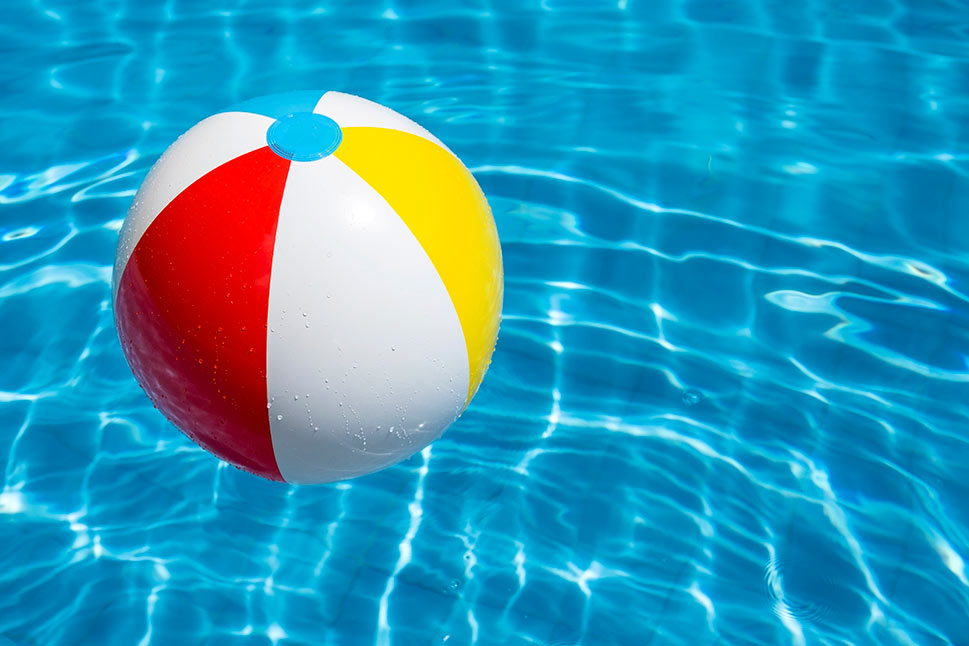Chlorine Gas Fumes removal
The risk of chlorine gas fumes produced by an accidental reaction between a strong acid and hypochlorite is eliminated
Our experts will work with you to design the best solution for your needs.

Our experienced applications teams across the globe can use their industry and application knowledge to provide you with a compressed or liquid carbon dioxide supply and technology solution to meet your unique needs.